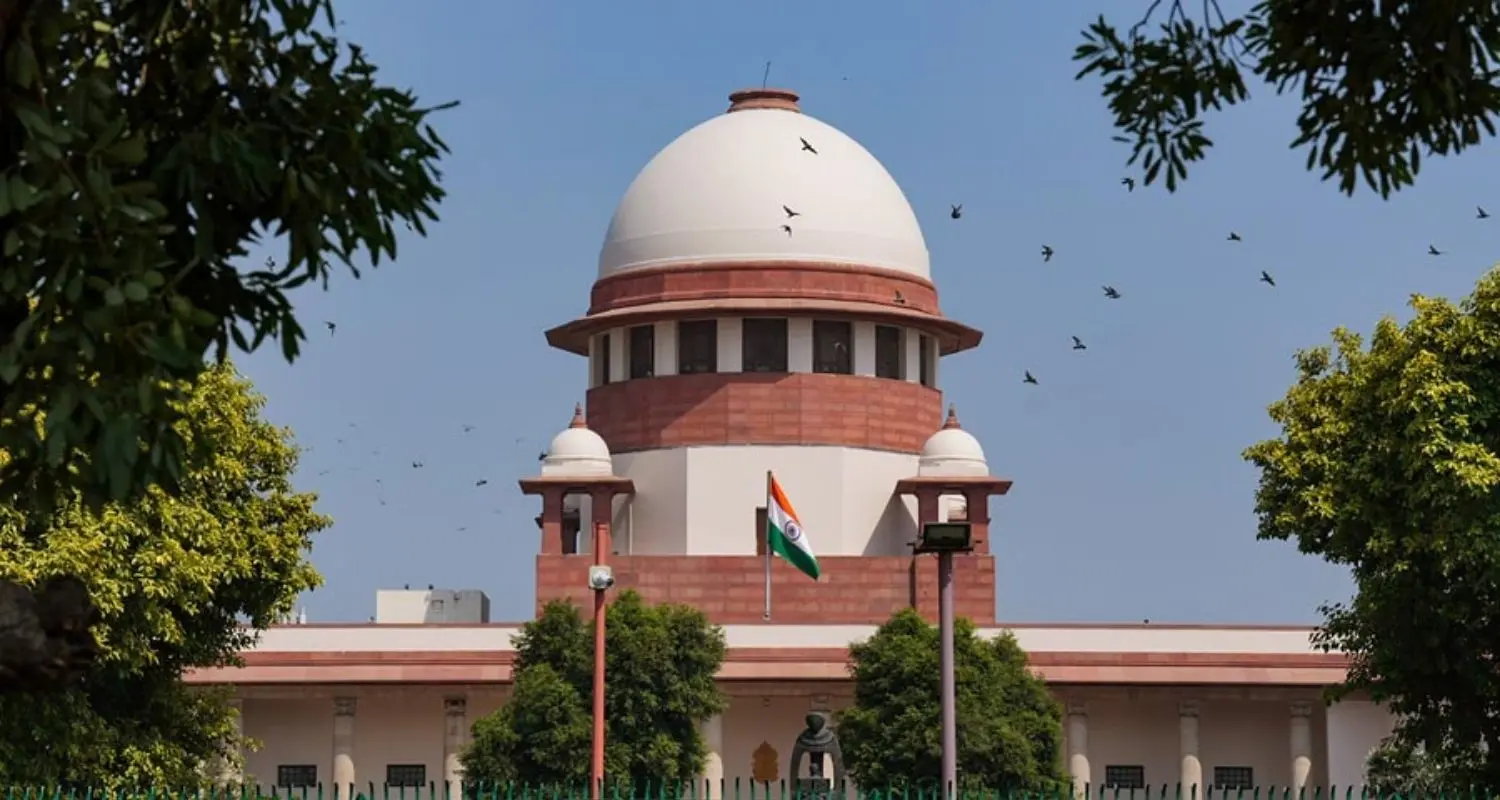Now Reading: Supreme Court Cautions Against Routine CBI Probes: A Call for Judicial Restraint
-
01
Supreme Court Cautions Against Routine CBI Probes: A Call for Judicial Restraint
Supreme Court Cautions Against Routine CBI Probes: A Call for Judicial Restraint

In a significant pronouncement, the Supreme Court of India has emphasized that directing a Central Bureau of Investigation (CBI) probe should not become a routine judicial action. Instead, such directions should be reserved for exceptional cases where the integrity of the investigation process is compromised or when there is a compelling reason to believe that a fair inquiry cannot be conducted by local authorities.
Judicial Prudence in Directing CBI Investigations
The Court highlighted that both itself and high courts must exercise caution and restraint when invoking their authority to direct a CBI investigation. This caution stems from the understanding that the CBI, being a central agency, has limited resources and should not be burdened with cases that can be effectively handled by state police forces. The Court noted that directing a CBI probe should be considered a measure of last resort, justified only when the constitutional court is convinced that the integrity of the process has been compromised or is likely to be compromised to a degree that undermines public confidence in the justice delivery system.
Criteria for Ordering a CBI Probe
The Supreme Court outlined specific circumstances under which a CBI investigation may be warranted:
- Compromise of Investigation Integrity: When there is a clear indication that the local police have been influenced or compromised, making it impossible to conduct a fair and impartial investigation.
- Systemic Failure: In cases where there is a systemic failure in the state’s investigative machinery, leading to a lack of trust in the process.
- High-Profile Cases: When the case involves high-ranking state officials or politically influential individuals, where there is a reasonable apprehension of bias or interference.
- Public Interest: When the matter has significant implications for public interest or national importance, necessitating a central agency’s involvement.
Implications for Tier-2 Cities
For residents in Tier-2 cities, this directive underscores the importance of local law enforcement agencies in handling criminal investigations. It emphasizes the need for strengthening state police forces to ensure that they can effectively manage and investigate cases without undue reliance on central agencies. This approach aims to promote self-reliance and accountability within state institutions, fostering greater public trust in the local justice system.
Conclusion
The Supreme Court’s caution against routine CBI probes reflects a balanced approach to judicial intervention. By reserving such directions for exceptional cases, the Court aims to uphold the sanctity of the legal process, ensure efficient use of resources, and maintain public confidence in the justice delivery system. As the legal landscape evolves, this principle serves as a guiding framework for judicial prudence and restraint.

























